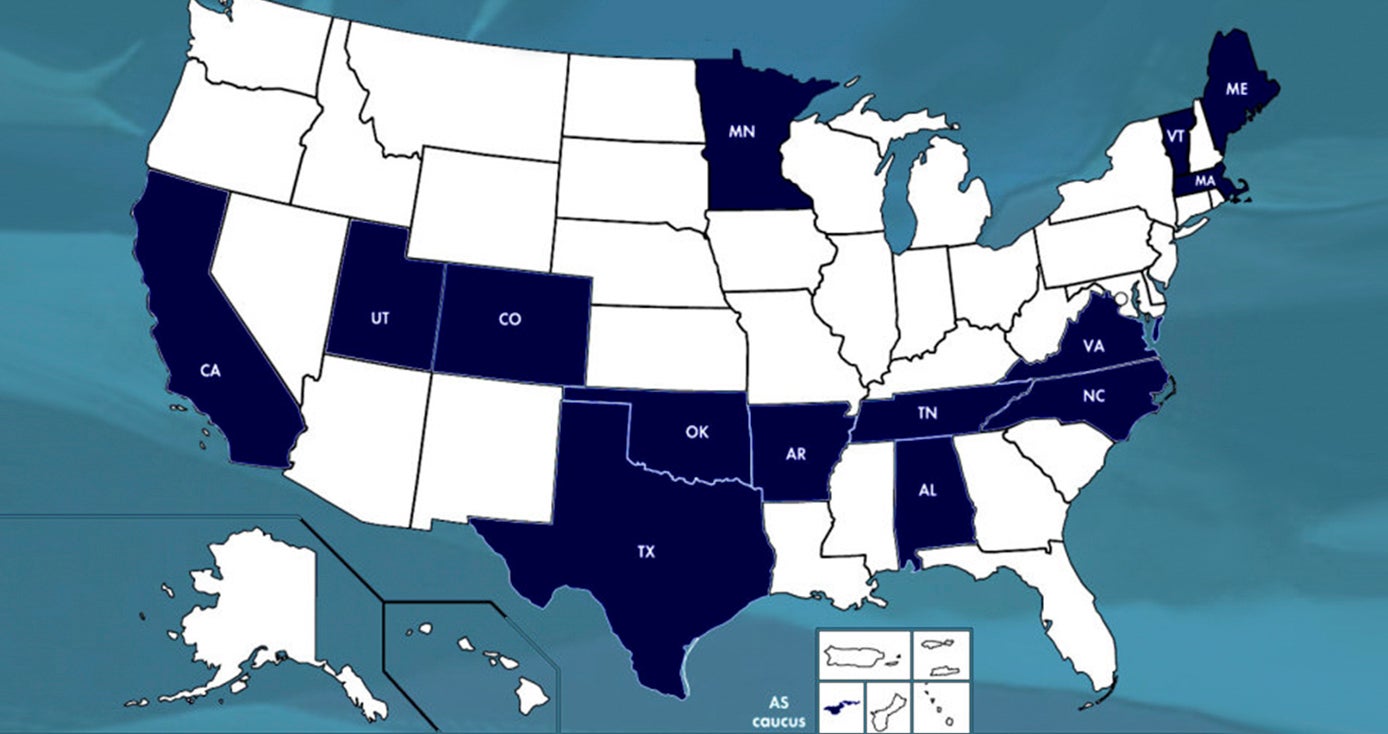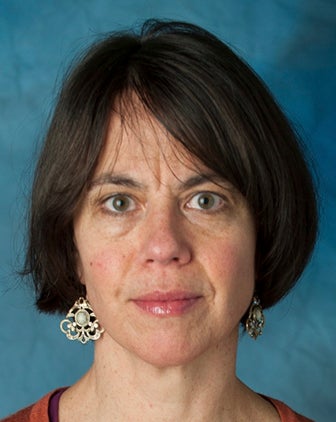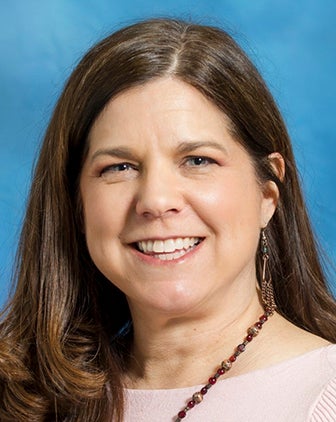
Subscribe to Pittwire Today
Get the most interesting and important stories from the University of Pittsburgh.Experts Discuss Super Tuesday and Grassroots Politics
Super Tuesday provided the first substantial indication of who may win the 2020 Democratic presidential contest, with Joe Biden surging to win a majority of delegates in 10 states, despite a slow start in Iowa and New Hampshire, and Bernie Sanders coming away with a lead in four states, including a projected win in prized California.
The primaries have been on the mind of University of Pittsburgh researcher Lara Putnam, professor and chair of the Department of History in the Kenneth P. Dietrich School of Arts and Sciences.
Register to vote in Pennsylvania
The Pennsylvania primary election is Tuesday, April 28, 2020. Residents must complete their registration by Monday, April 13, 2020 in order to vote in the primary.
To qualify, a voter must be a Pennsylvania resident for at least 30 days before the primary. Students living in residence halls can choose to register at their home address or their on-campus address.
Visit Pennsylvania Voter Services to register online or download a blank form to mail in.
Community and Governmental Relations has more information on their website.
Anyone in Pennsylvania can find their polling place with this tool.
Her most recent research has focused on grassroots politics and the post-2016 rise of political activism on the center-to-left, which has been most marked among college-educated women. Pennsylvania political life, too, plays a starring role in her work as a case study that illuminates the national trends reflected in today’s polarized political moment.
“The grassroots activists who stepped forward to form new groups in the wake of Trump’s election are pragmatically focused on ousting Trump at the national level and achieving incremental electoral change at the local level,” said Putnam. “As a result, although individual presidential candidates have inspired great enthusiasm from active group members—Elizabeth Warren, Kamala Harris, Amy Klobuchar and Pete Buttigieg all had supporters—the groups themselves have chosen to stay out of the primary endorsement business.” (Klobuchar and Buttigieg have both endorsed Biden.)
And though individual Democratic candidates have been preaching unity for this year’s elections, Putnam says the Super Tuesday results on March 3 confirm they will need to appeal to more than one active Democratic base in the U.S.
“The younger and firmly leftwing activists who have embraced Bernie Sanders’ campaign are one progressive base. But there are other bases of active organizers and participants—including older African American voters and college-educated suburban women like those our studies have foregrounded—who are far more ideologically diverse. In the last week, these latter have moved decisively toward Biden,” she said. Seven states with large African American majorities went for the former vice president. Meanwhile, Latinx voters skewed toward Sanders.
Beyond polling data
In a new book, “Upending American Politics: Polarizing Parties, Ideological Elites, and Citizen Activists from the Tea Party to the Anti-Trump Resistance,” Putnam contributed two chapters that illuminate the shifting political landscape in the lead up to 2020. Her work focuses on new grassroots movements in middle America, as well as citizen activism in the Democratic party.
The book overall covers two crucial turning points in recent U.S. political history: the elections of Barack Obama in 2008 and Donald Trump in 2016, after which the country saw radical shifts in resistance groups of both major political parties.
Putnam and Harvard University political scientist and sociologist Theda Skocpol, the book’s lead author, have also co-written several pieces detailing grassroots efforts among suburban women in response to the election of Donald Trump and other depictions of anti-Trump forces.
Skocpol says “Upending American Politics” highlights the story of women voters in both major metro and non-metro areas who built networks, candidacies and canvassing operations that elected Democrats of all ideological stripes to the House and state and local offices in 2017 and 2018.
“These public-spirited women want to be part of a broad, encompassing Blue Wave to defeat Trump and Trumpism in 2020,” she said. “Our book also highlights how they fit into to a renascence of civic engagement in the U.S. center left.”
“It’s an issue of great interest to many people. This book gives a more human perspective to what’s happening in American politics, versus just giving data about poll numbers,” said Putnam. “Local community organizers are seeing results in their efforts. Many have led to flipping suburban seats from Republican to Democrat. New cross-racial coalitions have emerged in cities, shaking up party establishments. We’re taking a close look into what has happened and why.”
Putnam, Skocpol and co-editor Caroline Tervo of the Harvard University Department of Government will speak about issues highlighted in the book in a roundtable discussion on March 19 in the Barco Law Building, Room 109, from 1 to 2:30 p.m. The discussion will be moderated by Kristin Kanthak, associate professor of political science at Pitt. (Editor’s note, March 11: this event has been canceled.)
The event’s goals include offering a fresh perspective on recent radical shifts in American politics, from the Tea Party to anti-Trump resistance groups, and tying recent political changes in Pittsburgh and southwest Pennsylvania to the broader national trends that help explain them.
“This is all incredibly illustrative of how the American political parties are changing,” said Kanthak. “The rank-and-file members of the Republican Party went for Trump, but then Trump was the thing that allowed the Democratic Party to overcome its own ideological divisions, at least on Super Tuesday, to support the candidate they think is most likely to defeat Trump.”
The event is free and open to the public and is sponsored by the Kenneth P. Dietrich School of Arts and Sciences, as well as Pitt’s departments of history, political science and sociology.




